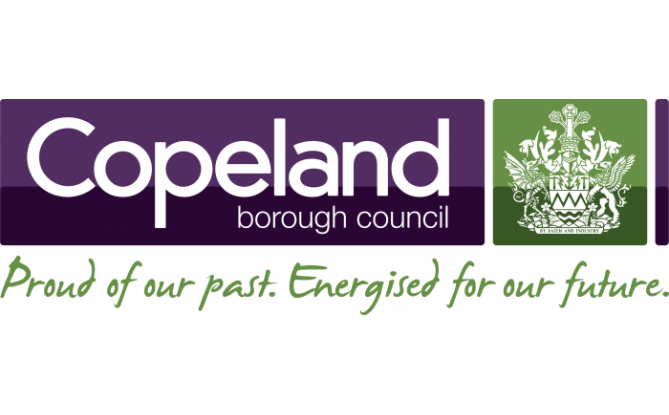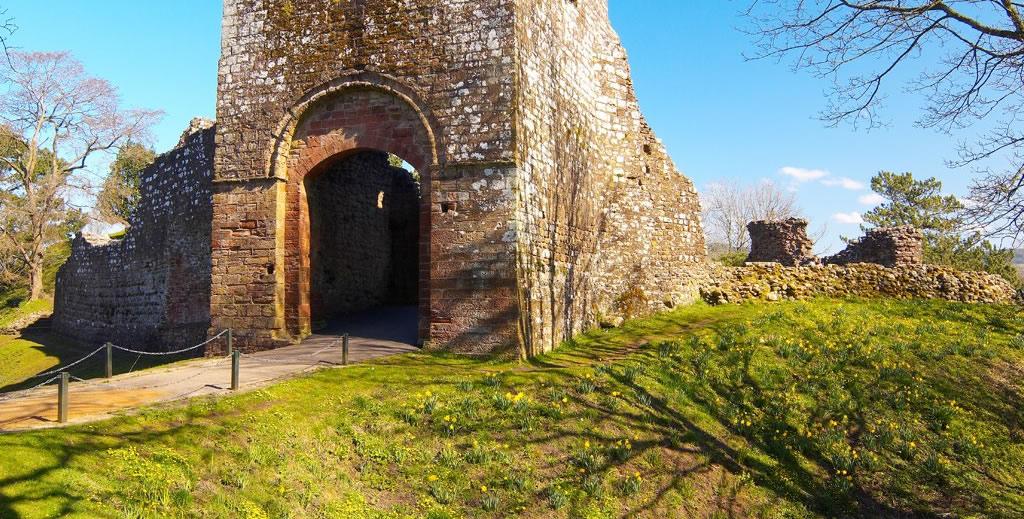Published: 20/08/2018
COPELAND'S new recycling scheme has prompted a huge reduction in the amount of 'residual' waste - that's the non-recycled waste that residents put into their black wheeled bin.
During the first quarter of 2017/18 (April, May and June) 4,483 tonnes of residual waste were sent for processing. In the same period this year, just 4,221 tonnes were collected. That's an impressive reduction of 262 tonnes, or 14,556 average wheelie bins full!
Julie Betteridge, Copeland's Executive Director of Operations, said: "This is almost certainly down to people recycling more. It means large amounts of recyclable waste - previously sent for more expensive and wasteful processing - is now being efficiently recycled. Our residents can feel very proud of the collective difference they are making to the world - we are certainly proud of the borough."
Waste that is not recycled is sent by Cumbria County Council for mechanical biological treatment - a way of shredding, drying and mechanically sorting waste to create 'solid recovered fuel.'
Ms Betteridge added: "Although mechanical biological treatment is a better solution than sending things to landfill, it is still not a good alternative for recyclable items. They should be put into your kerbside boxes, or brought to a bring site, so that they can be turned into new products. This reduction in 'residual' waste is fantastic news and we hope it will continue to reduce even further."
There are other ways of reducing how much waste goes into residents' black wheelie bins. The council is encouraging people to minimise the waste they create in the first place as well as recycling what they can.
Ms Betteridge said: "An important part of the solution is if we all try to minimise the amount of waste and packaging that we bring into our homes."
Some suggestions for this could include:
*Fill a reusable water bottle from the tap instead of buying disposable ones
*Think carefully before buying paper or plastic plates, cups and cutlery - is it possible to use the real thing instead?
*When visiting a cafe, use a reusable coffee cup, rather than a takeaway one, many of which are not recyclable.
*Consider whether the things they are throwing out could be used by someone else. Perhaps a charity shop would take them, and things like printer cartridges and old mobile phones are gladly accepted by charities, who can make money from selling them for recycling.
*Opt to buy goods with less or no packaging where possible. Many fresh food shops now allow people to bring their own containers to avoid packaging.
Copeland's kerbside recycling service collects glass, metal, plastic, card and paper from more than 96 per cent of homes. Residents can find out lots more about the scheme, and recycling sites, by visiting www.copeland.gov.uk.









